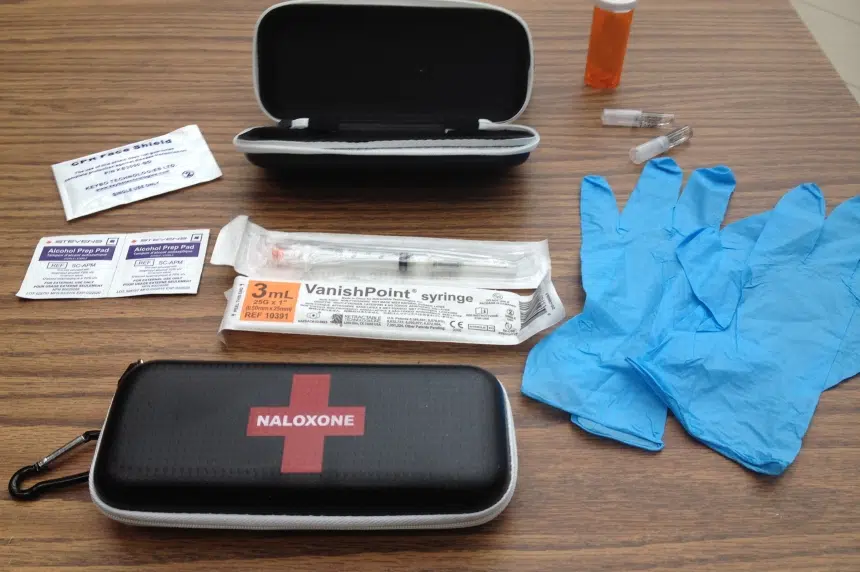Before it applies for a supervised consumption site in Regina, the AIDS Programs of South Saskatchewan (APSS) will spend the next year building support for one.
Education and information specialist Vidya Dhar Reddy said they need to consult stakeholders in government, the health authority and law enforcement.
“They should all be on board to support a service like this. That’s what we plan to do over the next one year,” Reddy said. “Only after we have all these various stakeholders on board and are ready to support such a service, can we actually go ahead and apply for a safe injection site.”
An application could be made in 2020, he said.
On Tuesday, AIDS Saskatoon announced it wants to open such a site, which would be a first in the province.
Supervised consumption sites allow people to use illicit substances under the watch of healthcare professionals that can prevent overdoses. They’re aimed at reducing the spread of infections caused by needle-sharing and serve as a starting point for addicts to seek treatment.
Reddy said injection substance use is widespread in the city as shown by the 1.5 million needles APSS distributed through its needle exchange program last year.
“If our needle exchange alone is distributing more than 1.5 million needles and the other exchanges are distributing their share of needles as well, it’s somewhere close to three million in Regina alone, per year,” he said.
“Definitely Regina will benefit from a safe injection site. There’s no two ways about it.”
According to numbers from the Saskatchewan Coroners Service, there were 87 deaths in the province due to drug toxicity last year, 70 of them by accident.
Out of 24 deaths involving fentanyl, 13 of them were in Regina.
In 2017, there were three fentanyl deaths in the city.
Until Regina has a supervised consumption site, Reddy said APSS has an opioid overdose prevention program. It aims to train people how to recognize overdoses and what to do, including how to administer Naloxone, a life-saving drug that can temporarily reverse the effects of opioids.
“It’s important for everyone to get involved, to take the Naloxone training and hopefully get access to a kit,” he said.











